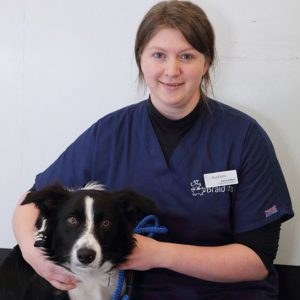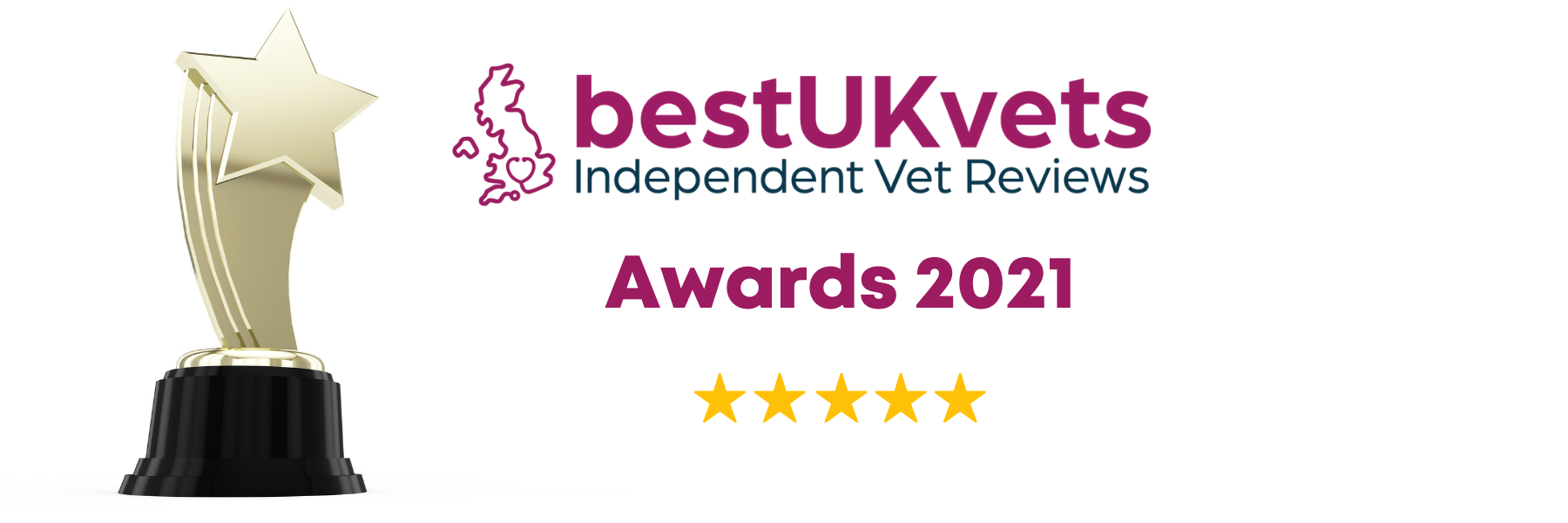May 13, 2020
Can I Prescribe POM-Vs over a Video Consultation?
Joanna Woodnutt BVM BVS MRCVS
May 13, 2020
Historically, the Veterinary Medicines Regulations (VMR) and the Royal College of Veterinary Surgeons (RCVS) have restricted the prescription and sale of POM-Vs to animals that have had a clinical assessment. But recent temporary relaxations in the rules due to Covid-19 have meant that vets have a greater level of freedom to prescribe POM-V and POM drugs to animals without a hands-on physical examination.
Let’s take a little look at the RCVS guidance on the matter. The RCVS Code of Professional Conduct and Supporting Guidance states:
“4.4 POM-V medicines must be prescribed by a veterinary surgeon, who must first carry out a clinical assessment of the animal under his or her care.”
However, the VMR has never defined clinical assessment, leading the RCVS to interpret this meaning to include an assessment of clinical information, which may or may not need a physical examination:
4.12 The Veterinary Medicines Regulations do not define ’clinical assessment‘, and the RCVS has interpreted this as meaning an assessment of relevant clinical information, which may include an examination of the animal under the veterinary surgeon’s care.
The VMR also hasn’t defined ‘under his care’, leading to further interpretations by the RCVS:
4.9 The Veterinary Medicines Regulations do not define the phrase ‘under his care’ and the RCVS has interpreted it as meaning that:
- the veterinary surgeon must have been given the responsibility for the health of the animal or herd by the owner or the owner’s agent
- that responsibility must be real and not nominal
- the animal or herd must have been seen immediately before prescription or,
- recently enough or often enough for the veterinary surgeon to have personal knowledge of the condition of the animal or current health status of the herd or flock to make a diagnosis and prescribe
- the veterinary surgeon must maintain clinical records of that herd/flock/individual”
4.11 A veterinary surgeon cannot usually have an animal under his or her care if there has been no physical examination; consequently a veterinary surgeon should not treat an animal or prescribe POM-V medicines via the Internet alone.
They also interpret ‘recently enough’ to be dependent on the professional judgement of the vet.
“4.10 What amounts to ‘recent enough’ must be a matter for the professional judgement of the veterinary surgeon in the individual case.”
So, pre-Covid-19, POM-Vs could only be prescribed if the vet had conducted a physical examination of the pet recently enough, and had made a clinical assessment of the needs of the animal.
Interestingly, this does not expressly disallow prescriptions to be made over video, assuming the pet has been clinically examined ‘recently enough’ for the vet to feel confident that they have prescribed correctly. For instance, when an owner phones to ask for prescription flea treatment, practices often check whether they’ve been seen ‘recently enough’ and then prescribe; remotely and without any further examination of the animal. In this situation, prescribing the same flea treatment over video call would follow the same guidelines and be allowable.
Due to the rise in telemedicine, the RCVS was to be undertaking a review of ‘under your care’ in order to agree whether remote prescription is ever suitable. This was disturbed by Covid-19 and it is not clear if the RCVS is still on track for a decision to be made in November.
Changes in veterinary prescription regulations due to Covid-19
With the outbreak of Covid-19, government guidance advised limiting non-essential contact with others. In order to assist vets in remaining open whilst limiting their contact, the RCVS decided to relax the rules on remote prescription of POM-Vs.
“RCVS Council has decided that there should be a temporary departure from this position and that remote prescribing of POM-V medicines (including medicines prescribed under the cascade and those imported under the Veterinary Medicines Directorate’s Special Import Scheme for veterinary imports) should be permitted where it is appropriate to do so.
However, before doing so, you must be satisfied that:
- you have enough information to do so safely without physically examining the animal
- there is no suitable alternative, categorised as a POM-VPS, NFA-VPS, or AVM-GSL
- the risk to the animal and/or public health is outweighed by the benefit.
If you are satisfied regarding the above, you should then consider the following:
- Whether immediate action is necessary in the interests of animal welfare.
- Whether treatment can be delayed until a physical examination is possible.
- Whether it is possible to examine the animal without having contact with the owner and if so, whether it would assist.
- The nature of the medication.
- The appropriate quantity, taking into account factors such as the length of time until a physical examination of the animal will be possible and the length of time until the owner will be able to access medication by other means.
- The risks and benefits to the animal.
- The client’s view and understanding of the risks.
You should also ensure that:
- any consent given by the client is fully informed
- you make detailed notes of your decision and the reasons for it
- you can justify any decision that you make.
In addition, they recommend that:
In cases where POM-V medicines are prescribed remotely, you should ensure that either you are in a position to examine the animal yourself or that it can be examined by another veterinary surgeon if its condition deteriorates to the point where remote support is inadequate. You should also provide the owner with all of the information they need to administer the medicine safely and ensure they have a means to contact you (or a colleague) in the event they have any questions or problems.”
In other words, prescription via remote means without a physical examination can be undertaken at the discretion of the vet if they can justify that it was necessary.
What happens after Covid-19?
The RCVS has made it clear that the relaxation is temporary, subject to review on an ongoing basis. They have also stated that they will be re-assessing the situation no later than 30th June 2020. Whether this UK-wide experiment of remote prescription will affect their review of ‘under your care’ or not is yet to be seen – it’s likely that both some benefits and some problems will be brought to light with such a large ‘pilot study’!
Be prepared for the rules to change, and check in with the RCVS regularly to see where they currently stand. But for now, cautious prescription under justifiable circumstances is certainly allowed.


